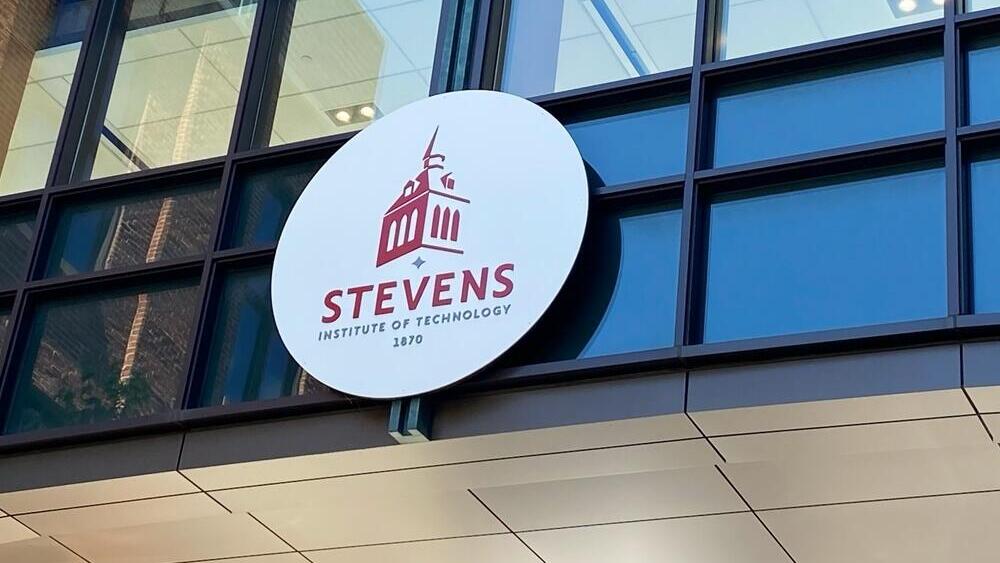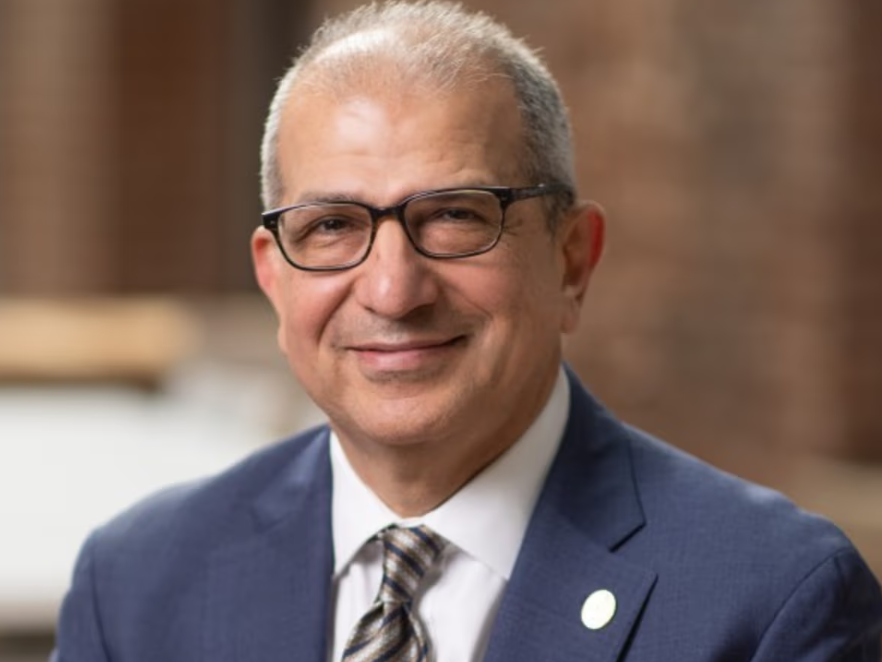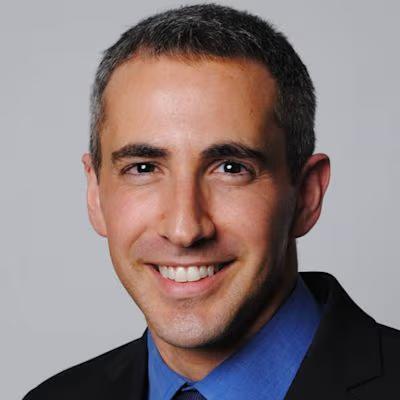An Israeli professor of information systems and technology who has taught for nearly two decades at Stevens Institute of Technology in Hoboken, New Jersey, has filed a sweeping lawsuit against the prestigious academic institution.
Dr. Tal Ben-Zvi alleges systemic discrimination based on his Orthodox Jewish faith and physical disability, as well as years of workplace harassment, public humiliation and retaliation for complaints he made regarding what he perceived as anti-Jewish hostility within the institution.
3 View gallery


Stevens Institute of Technology in Hoboken, New Jersey
(Photo: Lena Chert/ Shutterstock)
According to the lawsuit, Ben-Zvi, who identifies as a traditional Jew, claims he faced repeated disregard, ridicule, and implicit or direct punishment when requesting basic accommodations such as time off for Jewish holidays, kosher meals at events, and medical privacy protections. Once a highly rated professor praised by students and faculty alike, Ben-Zvi alleges he became a target for institutional retribution meant to deter him from continuing to speak out.
Among his claims, Ben-Zvi says he was required to attend a meeting during Passover and was invited to a professional event on Yom Kippur, despite his objections. After filing complaints, he alleges that his supervisor, Gregory Prastacos, dean of the School of Business, began treating him with open hostility.
In one instance, Ben-Zvi protested the absence of a kosher meal at a professional meeting, where accommodations had been made for other guests with dietary or medical needs. His complaint was dismissed. According to testimony submitted by the dean’s assistant, the dean questioned the legitimacy of the Jewish holidays Ben-Zvi cited, refused to look at a Jewish calendar she offered, and scoffed when she ordered kosher food for him.
Ben-Zvi, who has a permanent leg disability and sometimes uses a cane, also accuses the institution of failing to protect his medical privacy. He says another faculty member publicly disclosed personal health information about him without consent, and that this, too, was ignored by the administration. Around the same time, he reported what he claimed was improper use of grant money—a complaint made under U.S. whistleblower protection laws—which he says triggered further retaliation from senior leadership.
One of the most sensitive issues in the lawsuit involves a gender bias allegation tied to his religious identity. Ben-Zvi says he voted against granting tenure to a colleague, Dr. Elaine Henry, based on what he describes as academic grounds, including insufficient research output. Yet the administration, he claims, cast his vote as evidence of gender discrimination rooted in his Orthodox Jewish beliefs—a move he says was designed to deflect from his own complaints of religious discrimination.
During an internal investigation, Ben-Zvi was allegedly summoned to a high-floor office in a building inaccessible to him due to his disability. His request for a phone meeting was denied. He attended in pain and under medication, and was later accused of being “confused and unreliable.” He describes the experience as especially demeaning, including a moment when the attending attorney laughed as he raised claims of religious discrimination.
A broader pattern of disregard toward Jews on campus
Ben-Zvi is not alone in his accusations. His lawsuit includes affidavits from faculty and students suggesting a broader pattern of disregard toward Jewish individuals on campus.
Professor Deborah Sinnreich-Levi claims that during a private meeting, one faculty member proposed scheduling meetings on Jewish holidays specifically “to weed out the Jews.” Her warnings, she says, were ignored. “This is not merely an institution indifferent to antisemitism—it fosters it,” she stated.
3 View gallery


President Nariman Farvardin refused to meet with Jewish student representatives
(Photo: From Stevens' website)
Student Dennis Vink, president of the campus Hillel chapter, testified that Stevens fails to provide kosher food, disregards the Jewish calendar and forces Jewish students to choose between holiday observance and academic performance. Following Hamas’ October 2023 attack on Israel, he said, Jewish students felt increasingly unsafe on campus, but university leadership—specifically President Nariman Farvardin, an Iranian-American born in Tehran—refused to meet with their representatives.
“We were told outright that he didn’t have time for us, because meeting with us would mean he’d have to meet with everyone,” Vink said.
Allegations against the institution
Ben-Zvi’s lawsuit includes claims of religious and disability discrimination, failure to provide reasonable accommodations, retaliation, wage violations and document destruction. He alleges his situation worsened after he filed a complaint with the U.S. Equal Employment Opportunity Commission regarding antisemitism. Since then, he says he was denied promotions without explanation, had his salary withheld twice, and was forced to “beg for his wages like a pauper.” He claims this ordeal left him financially and emotionally drained, socially isolated and deeply humiliated.
Get the Ynetnews app on your smartphone: Google Play: https://bit.ly/4eJ37pE | Apple App Store: https://bit.ly/3ZL7iNv
He is seeking compensation for financial, emotional and professional damages, as well as a court ruling acknowledging what he calls a “culture of silence, discrimination and immorality—masked as progress.”
Stevens Institute of Technology is regarded as one of the leading engineering and technology schools in the United States. Founded in the 19th century, it was among the first institutions in the country to offer doctoral degrees. It currently offers more than 50 graduate programs and maintains partnerships with both civilian and defense industries, including academic collaborations with institutions in Israel such as the Technion and Tel Aviv University. Alumni include several Nobel laureates, Alfred Fielding (co-inventor of bubble wrap), and former Technion president Professor Zeev Tadmor.
In response to a request for comment, a spokesperson for Stevens told Ynet: “Dr. Ben-Zvi has been employed at Stevens Institute of Technology since 2006 and holds a tenured position. Each of his various complaints over the years has been thoroughly investigated, and no evidence of discrimination—religious, disability-related or otherwise—was found. Stevens takes pride in its inclusive and diverse campus community, and maintains a longstanding policy prohibiting discrimination, including on the basis of religion and disability. The institute also has clear procedures in place for religious accommodations, and faculty, staff and students—including Dr. Ben-Zvi—are generally granted time off when requested for religious observance.”



